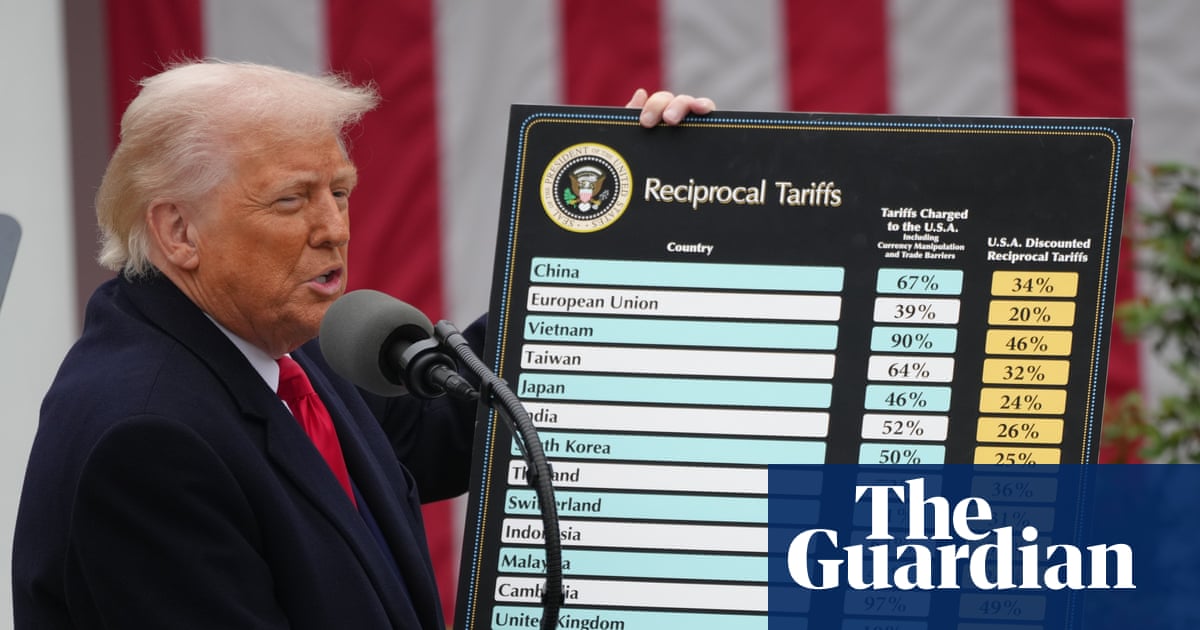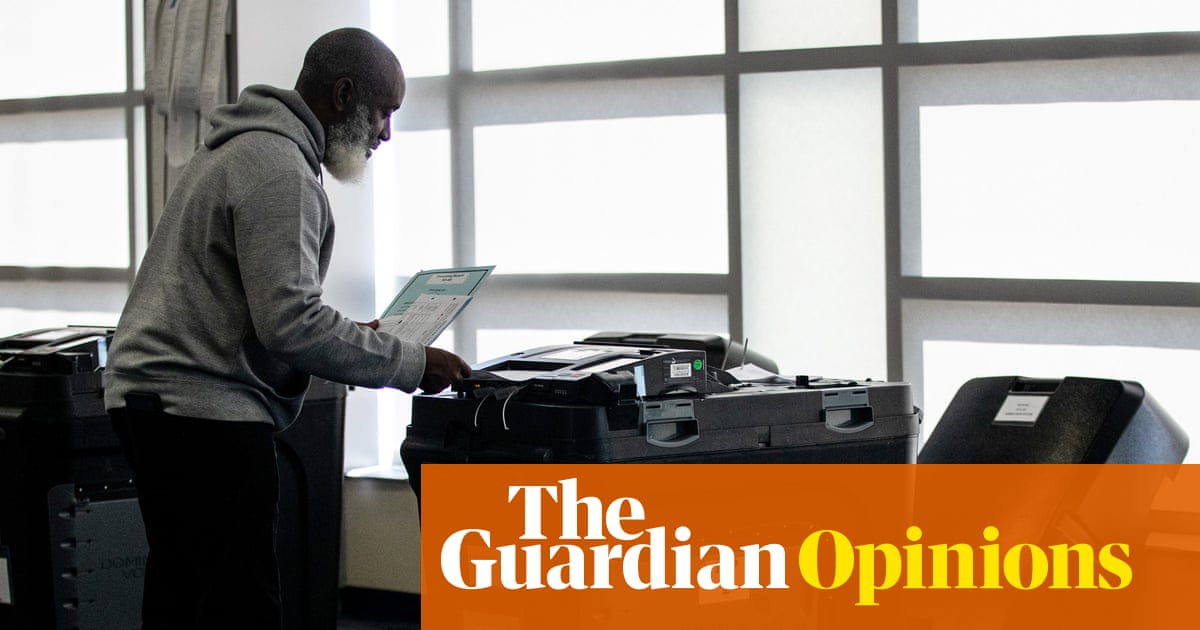Three leading US economists are urging their peers around the world to push back against Donald Trump’s attack on environmental laws.
In what amounts to a call to action to economists, the trio say rollback of environmental regulations is “inconsistent or antithetical” to fundamental principles of economics over how to allocate the world’s limited resources for the greatest possible value to society.
The economists, Catherine L Kling, Stephen Polasky, and Kathleen Segerson, say the Trump administration, by focusing on tearing down environmental protections, is likely to reduce rather than increase economic efficiency, and its policies are a threat to Americans and the rest of the world.
Writing in the journal Environmental and Resource Economics, they urge economists to challenge from an economic perspective the administration’s undermining of science on climate and the environment.
“Now is a crucial time to push back against policy changes resulting in inefficient outcomes and the major reductions of funding for environmental research,” they write. “Economists have a wealth of knowledge and expertise that can help to explain the importance of effective and efficient environmental policy and expose weaknesses in Trump administration policies.
“Economists can use their voice to educate the wider public on what is happening and what is at stake.” They urge economists to advise local and national NGOs on environment and climate, to make public statements, broadcast podcasts, and to inform the public.
They identify key reversals of climate and environmental laws by Trump including:
-
Withdrawal from the Paris climate agreement.
-
Eliminating consideration in federal policy of the well-established effects of climate breakdown on public welfare.
-
Executive orders to “drill baby drill” giving priority to fossil fuel energy production.
-
Ending research funding on environment and climate and the collection of environmental data.
-
Reducing investments and regulations designed to tackle lead and forever chemicals in drinking water.
“By being tireless advocates for rigorous science and providing unbiased information, economists can help to overcome the current undermining of sound environmental policy and science and improve the odds that governments adopt efficient and effective environmental policies that improve health and welfare,” they say.
The economists argue the environmental policies Trump has discarded are all backed by economic principles around the efficient application of resources to ensure the greatest good.
Investment to remove lead in drinking water, for example, would generate benefits that far exceed costs, partly because economies of scale could be achieved by replacing entire water service lines in a neighbourhood, rather than individual households one at a time.
The promotion of fossil fuels, they say, ignores their damage to biodiversity, air and water quality and the climate, which are of public benefit. Their promotion flies in the face of evidence that wind and solar energy have become the cheapest sources of electricity production in the US.
after newsletter promotion
“Rather than being promoted as ‘clean’ and ‘beautiful’, coal should face a hefty tax for the damages associated with CO2 emissions and emissions of other air pollutants, including nitrogen oxides, sulphur dioxide, and mercury,” they write.
The economists are taking on Trump at a time when the administration is attacking academics who speak out against the president’s policies, including threatening the funding of Harvard and other institutions.
More than 1,000 scientists are to be sacked from the Environmental Protection Agency, which is eliminating its scientific research office, despite its mission to protect public health and the environment.
Alistair Munro, a professor at the National Graduate Institute for Policy Studies in Tokyo and editor of Environmental and Resource Economics, said the Trump administration was the challenge of the moment.
“In the face of the anti-science actions of the current US administration, regulators and governments in the UK and Europe need to step up their support for science-based protection of the environment and human health,” he said.

 German (DE)
German (DE)  English (US)
English (US)  Spanish (ES)
Spanish (ES)  French (FR)
French (FR)  Hindi (IN)
Hindi (IN)  Italian (IT)
Italian (IT)  Russian (RU)
Russian (RU)  4 hours ago
4 hours ago
























Comments